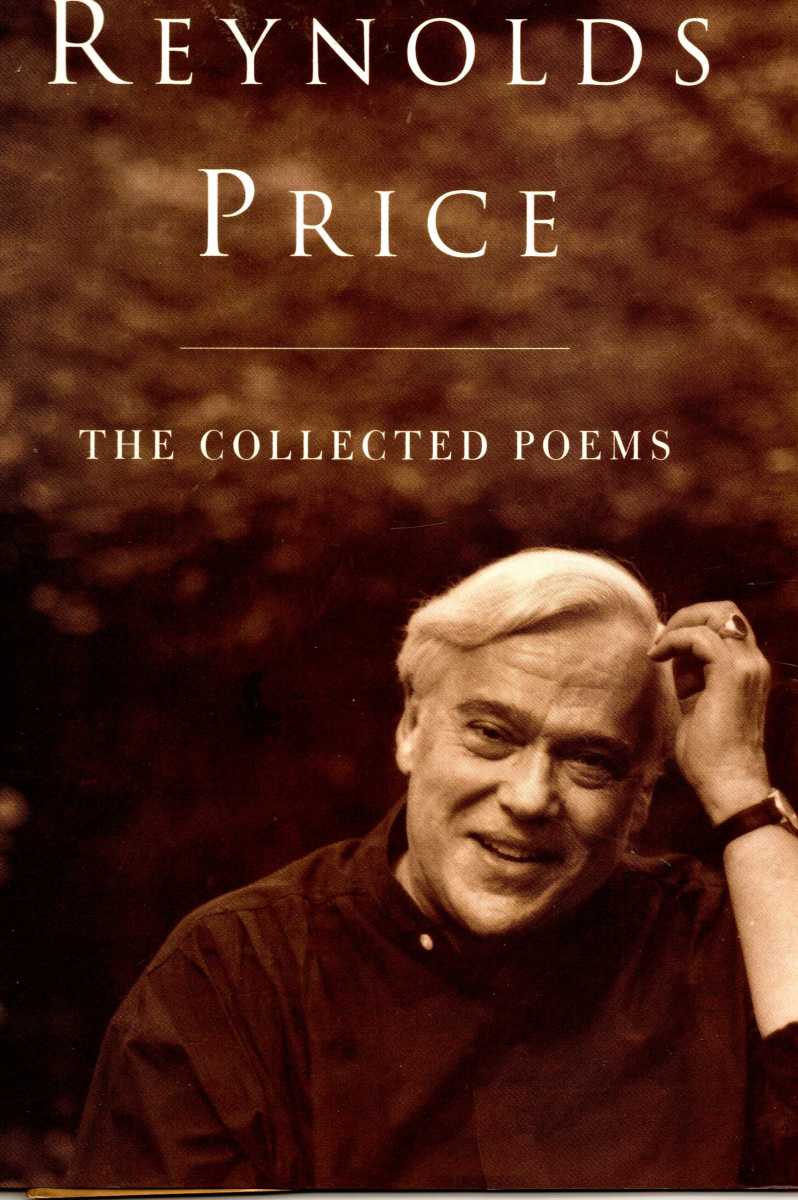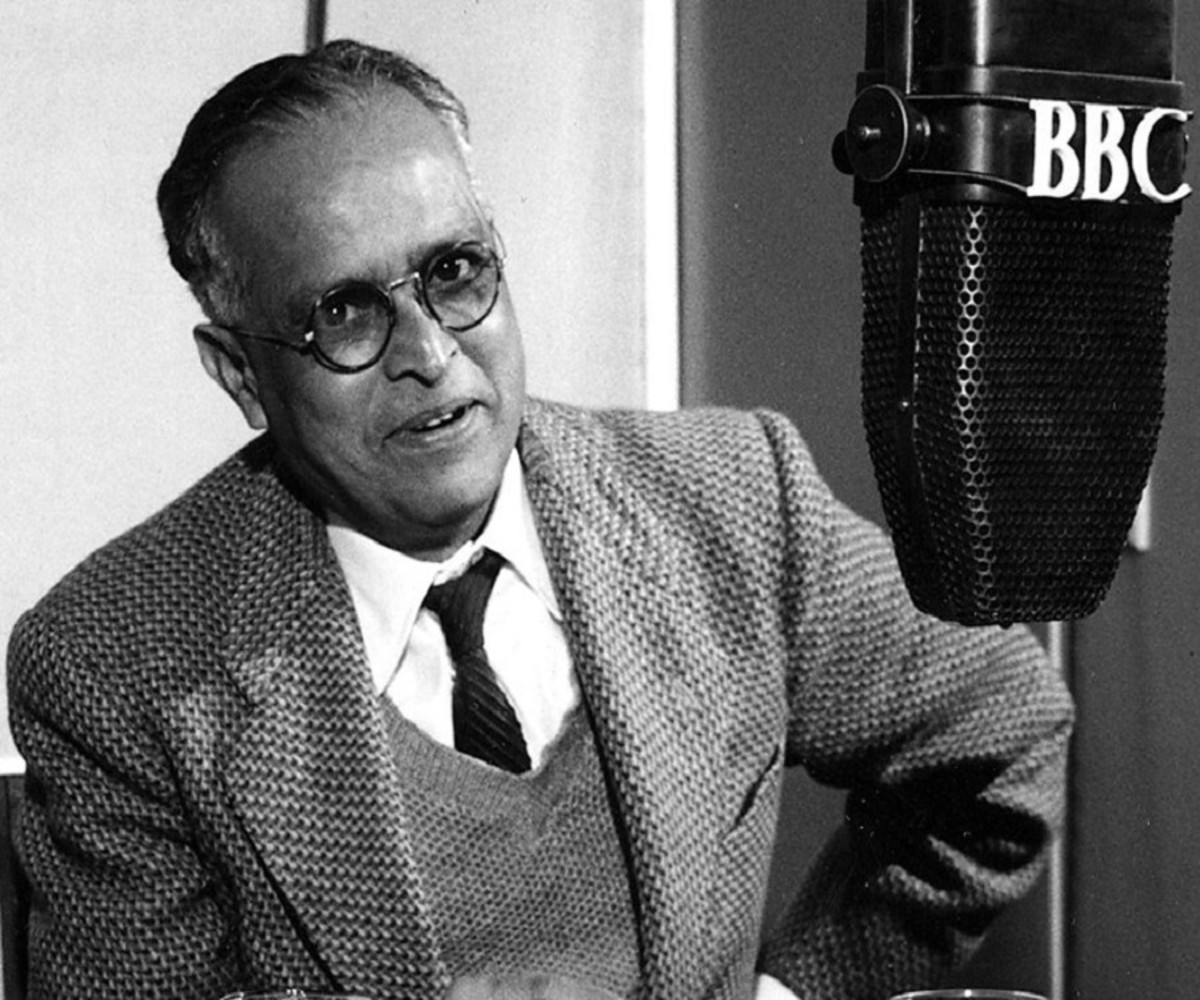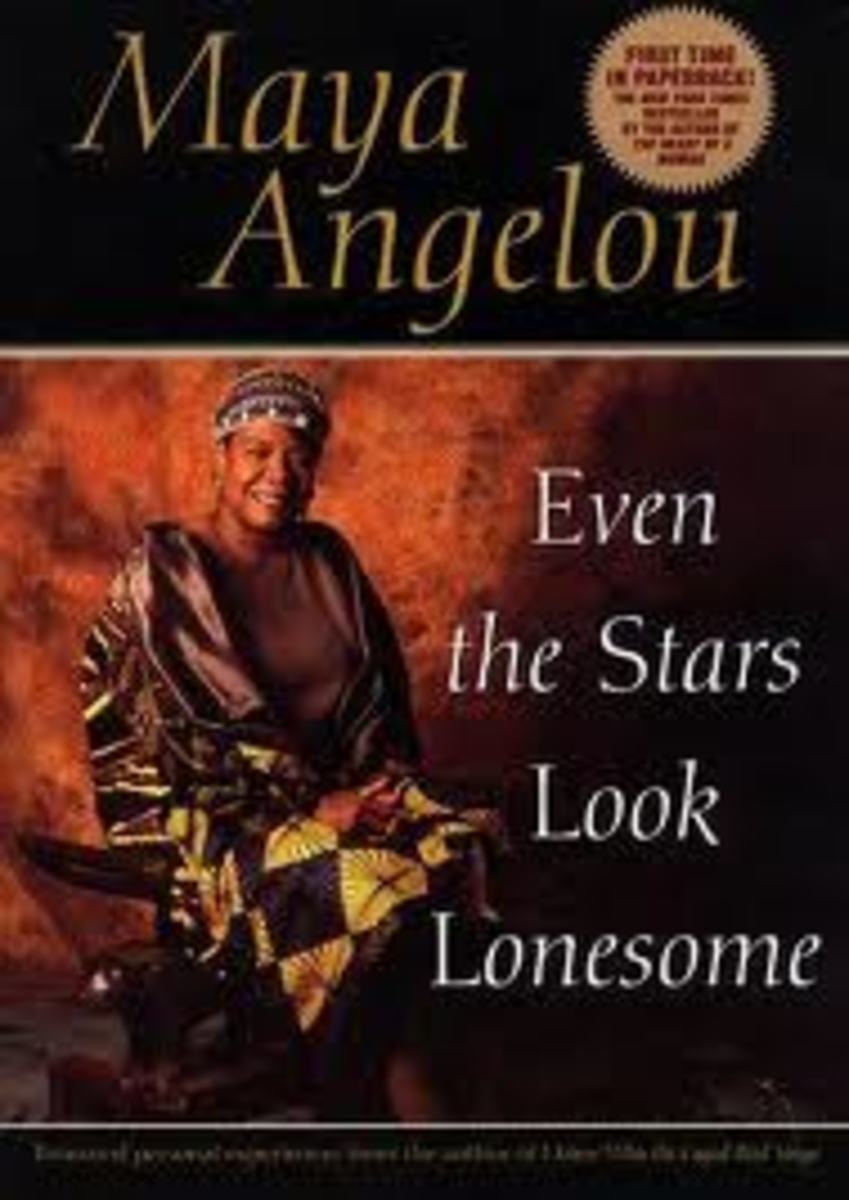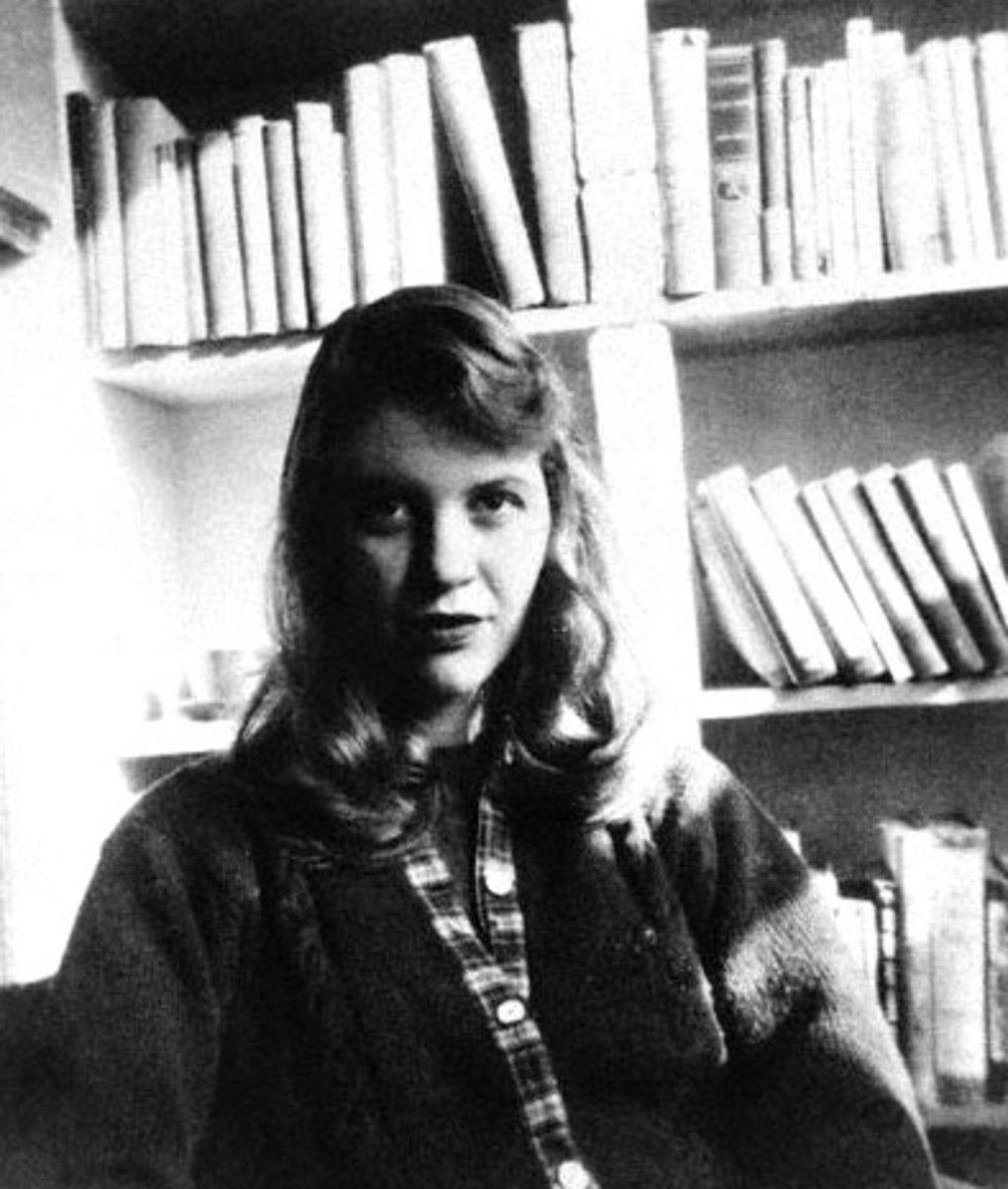A Biography of the novelist Samuel Butler
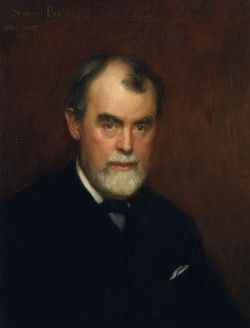
Samuel Butler - Who was he?
This is a biography of the Victorian novelist, Samuel Butler, compiled and written by Scott A Butler (relation).
Who was Samuel Butler? What did he write? What was he like? What genre did his legacy lead to a boom in? What did he criticise Charles Darwin for? How did he inspire H.G Wells and George Orwell? Read on to find out!
Introduction
Samuel Butler was a Victorian novelist. He was born on either the 4th or 5th of December 1835 in Nottinghamshire, England, and died on the 18th of June in 1902. He is mostly remembered for his utopian novel, titled Erewhon, and his semi-autobiographical novel, titled The Way of All Flesh. He was also well known for his studies of Christian orthodoxy, of evolution, literary history, Italian art, and being one of the first authors to describe machines with artificial consciousness and as the man who translated some of Homer's ancient works into English.
Childhood and early life
Samuel was born on either the 4th or 5th December 1835, the exact day of his birth is unclear. His mother, Fanny, gave birth to him in a rectory situated in an English village called Langar, which is in Nottinghamshire.
Samuel comes from a long line of clerics, his father was Rev. Thomas Butler who had a parish in Samuel's village of birth and his grandfather, who was also called Samuel, was the Bishop of Lichfield and Coventry.
As a child, Samuel went to Shrewsbury School, after first being taught at home for some time, and then later St John's College in Cambridge to achieve a First in Classics in the year 1858. Samuel's father had been trying to raise him to join the priesthood when he was an adult, using both physical and psychological pressure on Samuel, who had different plans, he wanted to be a painter. Samuel was never close to his father and rarely ever had a conversation with him. The more his father would beat him, the more Samuel rebelled against his family. Samuel later would describe his parents as "brutal and stupid by nature".

Adulthood and career
In the years of 1858 and 1859 Samuel reluctantly lived in a poor parish in London, in preparation for his ordination. While working there, in a poor school, he discovered that there were no differences in the morals or behaviour between those who had been baptised and those who were not, seeding the first doubts about the faith that his father had forced upon him. He began to question his father about this and other matters, to find an answer to his doubts. However his father was furious at Samuel's doubts, leading to constant arguments and possibly physical violence against Samuel by his father (as portrayed in his semi-autobiographical novel, The Way of All Flesh), his father was adamant that Samuel will become a member of the clergy. Unable to get answers to his doubts and realising yet more rifts and inconsistencies in religion, Samuel eventually broke off all ties with his father, ended his allegiance to the Christian faith and cancelled his ordination.
Samuel felt that he needed to be as far away from his family as possible, so, in September 1859 he boarded the ship "Roman Emperor" to New Zealand, a British colony at the time. Samuel made good money in New Zealand as a sheep farmer, eventually selling the farm for a much bigger profit. His life in New Zealand also gave him the majority of the material and ideas that he would put together in the famous novel, Erewhon.
In 1864 Samuel returned to England, renting and living in rooms in Clifford's Inn, which is near Fleet Street in London. Samuel eventually published Erewhon anonymously, which caused a nationwide sensation of the novel and speculation of who the author was. Eventually after constant pleas from the public and media for the author to reveal himself, Samuel publicly admitted he is the author of the novel, which at this time was taking Victorian Britain by storm. Samuel became a celebrity overnight.
Samuel had set a new tone in Victorian literature, leading to a long line of new authors attempting dystopia genre novels similar to Erewhon. Although dystopian stories already existed previously, it was Samuel Butler who rekindled the fire in the genre, becoming the inspiration for H.G Wells and George Orwell. Orwell mentioned Samuel Butler's literature a few times in his diaries, which have been published. The English author Aldous Huxley has also admitted that the influence, ideas and inspiration for his two best-selling dystopian novels, "Brave New World" and "Island", came from Erewhon and Samuel's other literature works.
One thing that provoked the thought of his readers is Samuel's observation of Darwin's theories of biological evolution, which is evident in the Erewhon novel. Beforehand, Samuel had an article published in a New Zealand newspaper, signed under the pseudonym "Cellarius (q.v.,)". In the article, Samuel compared human and machine evolution, using Darwin's theories, and suggesting (half seriously and half fictionally) that in the future machines would rein supremacy over the Earth. He states that "In the course of ages we shall find ourselves the inferior race." He observed that technology is evolving faster than biological humans, which will result in an unknown, unpredictable future where technology could massively change the course of history or the lives of every human being. Today we know that his prediction is correct.
Samuel also spent a great deal of time criticising Darwin's theories, out of scientific interest not out of religion, which he had given up completely by this time. Samuel made points that Darwin had ignored the contributions that his grandfather, Erasmus Darwin, made towards evolution, that Charles was unfairly claiming all the credit and fame for himself, failing to give any rightful credit to his own grandfather, Erasmus Darwin.
Samuel published many other books, including an unsuccessful sequel to Erewhon, titled Erewhon Revisited. His popular semi-autobiographical novel, The Way of All Flesh, was not published until after his death, as Samuel worried that the book was too critical of Victorian life and attacked Victorian morality. It has been suggested that The Way of All Flesh led to the founding, use and rise of psychoanalytical modes of thought in fictional works.
Have you read Erewhon by Samuel Butler?
Personal Life
Not much is known about Samuel's personal life as he was rather secretive about that side of himself. Samuel never married and never had any children of his own. However it is known that he made occasional visits to a woman called Lucie Dumas, a prostitute. Samuel was also observed to have had "very close and intense male friendships", which has actually been reflected in his writing too.
Samuel was particularly close to a man called Charles Pauli, a German working in London. They had neighbouring apartments in Clifford's Inn and spent a lot of their time together. Samuel would finance Charles' studies in law and would continue to send Charles regular financial support long after the pair went their separate ways.
Samuel became close with another man, Hans Rudolf Faesch, a Swiss student who travelled to England to improve his English. When Hans completed his studies and left England for Singapore (a British colony at the time) the two men were reportedly seen weeping at the train station. Samuel wrote a very emotional poem, titled "In Memoriam H. R. F.," for Hans and sent it to many top British magazines. However in the Spring of that year, the Oscar Wilde trial began, which particularly focused on homosexual behaviour in literature, which in the Victorian era was seen as a scandal. Samuel quickly contacted the magazines and withdrew his poem before it went to print.
Samuel later became close friends with Henry Festing Jones, a solicitor whom he persuaded to leave his job and work for him as a literary assistant and a travelling companion. Samuel and Henry saw each other on a daily basis, all the way up to Samuel's death in 1902.
It has been suggested that Samuel was a repressed homosexual. Homosexuality was unacceptable during this era and was something many people kept a very tight secret. We will probably never know for sure if Samuel was truly homosexual or if he just preferred male companionship. His visits to Lucie the prostitute could have been an attempt to try to hide his desires with men, or they may not have been for that purpose. The truth is, we will never know. But what we do know is that Samuel's male bondings enabled him to write very deep male characters in his novels and very emotional poems.
A Quick Question
Have you read any of Samuel Butler's works?
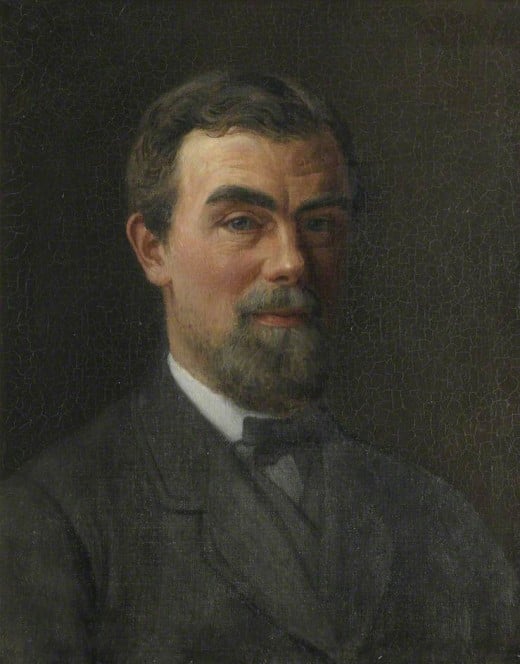
Samuel's study of literary history
Samuel theorised that the Ancient Greek text, Odyssey, was written by a Sicilian woman. Using his knowledge of Italy, where Samuel spent his summers away from England and studied extensively, he concluded that the poem reflects the territory of Trapani along the coast of Sicily. He wrote a book about his theory, providing as much evidence as he could find, titled "The Authoress of the Odyssey". The famous British poet, Robert Graves, in particular supported and elaborated Samuel's theory in his own book, "Homer's Daughter".
Samuel also studied Shakespeare, regarded as the most famous, best-selling and celebrated British author of all time. Samuel developed a theory that when Shakespeare's sonnets are re-arranged they tell the tale of a homosexual affair. It is a well-known fact that Shakespeare did indeed have hidden meanings in his sonnets, for example Shakespeare's use of the words "Hate Away" in Sonnet 145 is a reference to his wife, Anne Hathaway. Samuel wrote about his theories on Shakespeare in his book "Shakespeare's Sonnets Reconsidered".


